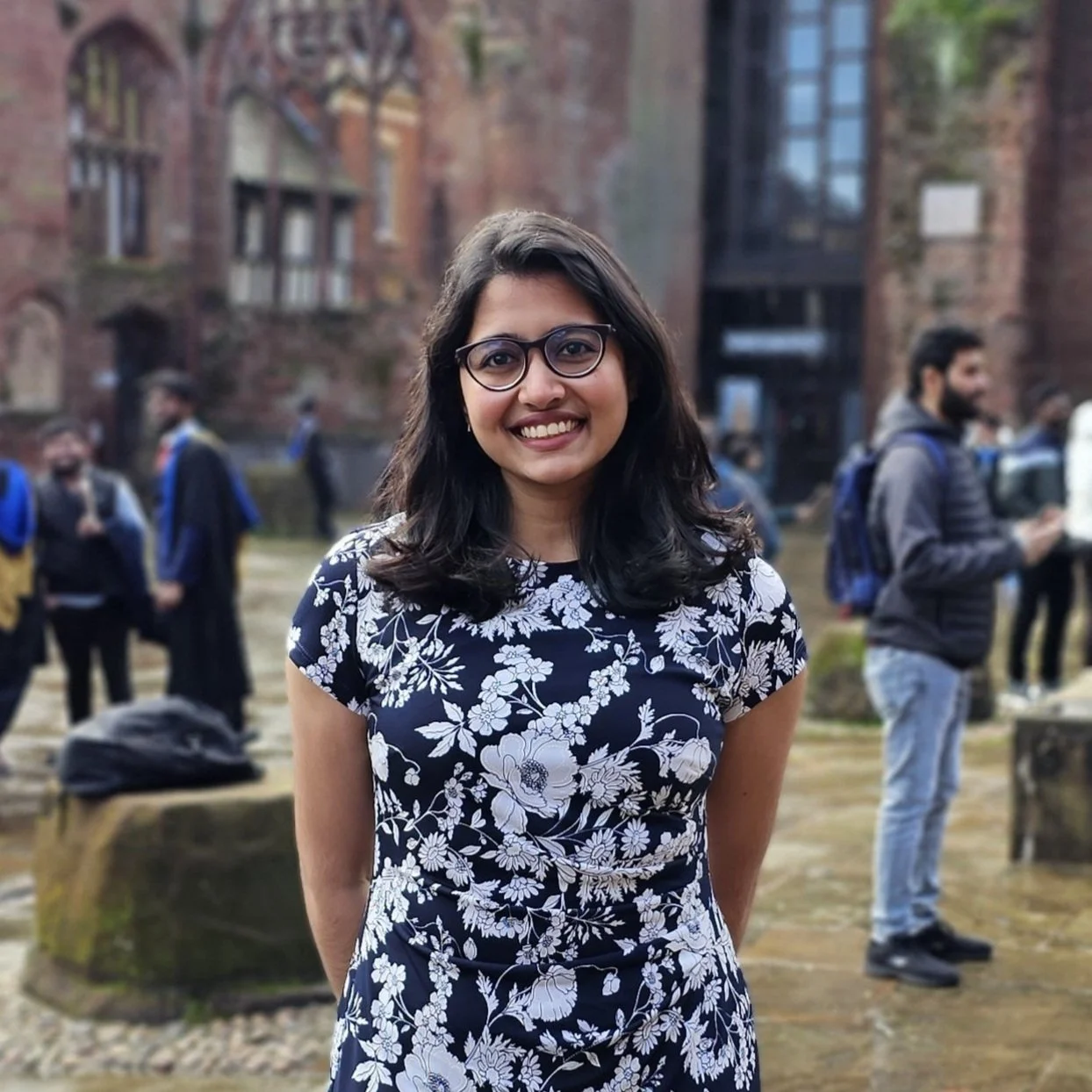Catherine Philip
Aries PhD Student
Catherine is studying Ulva, a genus of seaweed known for causing green tides. Ulva seaweeds are prolific producers of dimethylsulfoniopropionate (DMSP), one of Earth's most abundant organosulfur molecules, and they can cleave DMSP to release the climate-cooling gas dimethyl sulfide (DMS). DMSP released by Ulva into the environment plays a role in signalling and recruiting beneficial bacteria, which use DMSP as a nutrient and facilitate further DMS production. However, the precise role of DMSP within Ulva is unclear.
Catherine's research explores bacterial interactions with Ulva responsible for DMSP metabolism, and employs e.g., 16S rRNA gene sequencing, DNA-stable isotope probing, metagenomics and culture-dependent characterisation of DMSP-degrading bacteria associated to Ulva. Her key aims are to address fundamental knowledge gaps on: how and why Ulva produces DMSP and DMS; how environmental changes impact these processes; and which bacteria utilise Ulva-produced DMSP and how.
Climate-linked microbial interactions in green tide-causing seaweed
More Information:
PhD Title: Climate-linked microbial interactions in green tide-causing seaweed
PI: Dr Mahasweta Saha
Co-PI: Prof Jonathan Todd
Co-I: Dr Frances Hopkins
catherine.philip@uea.ac.uk




